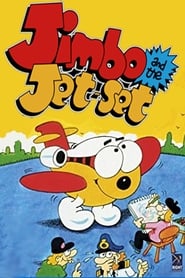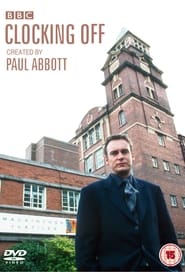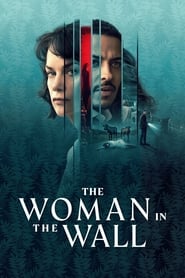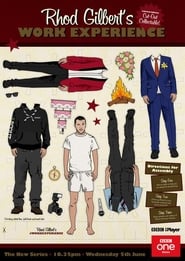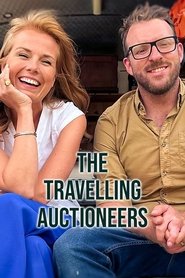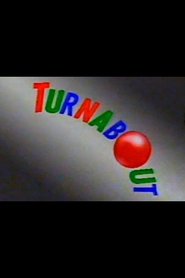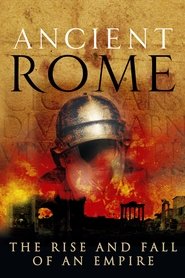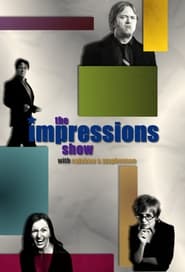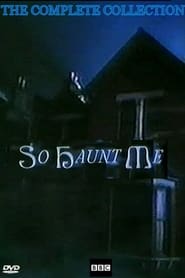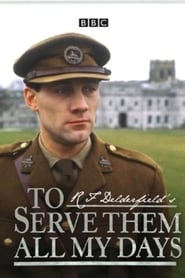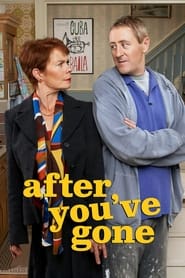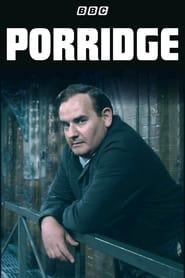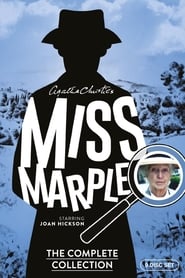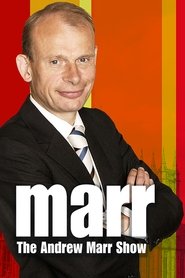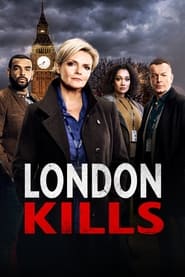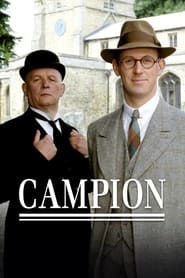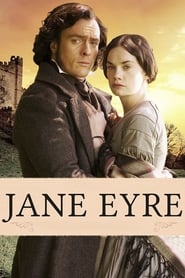Bbc One TV Series - Page 26
-
Jimbo and the Jet Set
1986
star 5.2Jimbo and the Jet Set is a British animated cartoon series broadcast in the 1980s, featuring the adventures of the eponymous Jimbo, a talking aeroplane. Created by Maddocks Cartoon Productions, it originally ran for 25 episodes between 1985 and 1986. The premise of the cartoon is that Jimbo was originally intended to be a Jumbo Jet, but his designer could not tell the difference between inches and centimetres, resulting in his diminutive size. If Jimbo's designer switched the imperial measurements of the Boeing 747 for metric, the result would have been an aircraft with a fuselage length of 91 ft; this would make Jimbo roughly the length of an early-series Boeing 737. The television series features various talking airport-type ground vehicles: Tommy Tow-Truck, Claude Catering, Amanda Baggage, Phil the Fuel Truck, Sammy Steps and Harry Helicopter. Other plane characters appear from time to time, such as Old Timer, a Vickers Wellington bomber who gets into the story while flying to or from an airshow. The story is -
Clocking Off
2000
star 7.4How much do you know about the person working next to you? From the outside, life at Mackintosh Textiles appears to run smoothly, but in a community with so many secrets to hide, things are far from straightforward. In six powerful, self-contained dramas, everyday life is fractured by tumultuous marriages, snatched passions, disappearing husbands and gang harassment. -
The Weakest Link
2001
star 5.9Anne Robinson hosts the quick-fire general knowledge quiz in which contestants must decide at the end of each round which of their number should be eliminated. -
The Woman in the Wall
2023
star 6.6When Lorna Brady, a survivor of one of Ireland's Magdalene Laundries, wakes to find a corpse in her house, she has no idea who the dead woman is or if she's responsible for the apparent murder, because she has long suffered from extreme bouts of sleepwalking. -
Rhod Gilbert's Work Experience
2010
star 7Following comedian Rhod Gilbert as he tries out different jobs across Wales -
Tom O'Connor
1984
Tom O'Connor
1984
-
The Travelling Auctioneers
2022
star 7Research, restore and ready for sale! Bargain Hunt's Christina Trevanion and The Repair Shop's Will Kirk help families turn unwanted items into winning lots. -
Turnabout
1990
Turnabout
1990
Turnabout was a BBC Television daytime quiz programme that aired on BBC One from 26 March 1990 until 7 October 1996. The programme was hosted by Rob Curling. -
Ancient Rome: The Rise and Fall of an Empire
2006
star 7.3Turning points in ancient Roman history and some of the Empire's greatest stories are brought to life in this drama documentary series. -
The Impressions Show with Culshaw and Stephenson
2009
The Impressions Show with Culshaw and Stephenson is a British comedy sketch show which stars impressionists Jon Culshaw and Debra Stephenson. A second series began broadcasting on 14 November 2010 and ended on 23 December 2010. A third series started on 26 October 2011 at 8.30pm on BBC One. The show was nominated for a National Television Awards in the category of Comedy in 2011, however it failed to make the top 4. -
So Haunt Me
1992
star 6.8So Haunt Me is a British television sitcom about a family that moves into a home occupied by the ghost of its previous resident, a middle-aged Jewish mother. The show was produced by Cinema Verity for the BBC and originally aired from 1992 to 1994. Peter Rokeby loses his job as advertising copywriter, and resolves to become a freelance writer. Owing to this change in circumstances, he and his wife Sally move with their children into a more modest home in Meadow Road, Willesden. The family soon finds that the ghost of a previous owner, Yetta Feldman, still occupies the residence, and has been scaring occupants away for years. Yetta is a stereotypical interfering, middle-aged Jewish mother who died suddenly after choking on a chicken bone. While Sally can both see and speak to their ghost, Peter — much to his frustration — initially cannot. The family agrees to help Yetta find her grown-up daughter Carole. So Haunt Me aired on BBC1 as 18 half-hour episodes in three series and one special from 1992 to 19 -
To Serve Them All My Days
1980
star 7.7After barely surviving the trenches of World War I, an embittered young soldier takes a teaching post at Bamfylde, an elite boarding school in the uplands of West Devon. It is an unlikely job for a Welsh miner's son without a degree, but David Powlett-Jones (John Duttine) proves to be a rare schoolmaster, as passionate about learning as he is about teaching. Through two tumultuous decades, Powlett-Jones inspires his students with his courage and idealism, qualities that help prepare him to send another generation of young men off to fight yet another war. -
After You've Gone
2007
star 5.1After You've Gone was a British comedy that aired on BBC One from 12 January 2007 to 21 December 2008. Starring Nicholas Lyndhurst, Celia Imrie, Dani Harmer and Ryan Sampson, After You've Gone was created by Fred Barron, who also created My Family. The writers include Barron, Ian Brown, Katie Douglas, James Hendie, Danny Robins, Andrea Solomons and Dan Tetsell. Three series and two Christmas specials aired, and work on scripts for a fourth series had already begun when the BBC withdrew the commission in November 2008 and cancelled the series. -
Porridge
1974
star 8.1Porridge is a British situation comedy broadcast on BBC1 from 1974 to 1977, running for three series, two Christmas specials and a feature film also titled Porridge. Written by Dick Clement and Ian La Frenais, it stars Ronnie Barker and Richard Beckinsale as two inmates at the fictional HMP Slade in Cumberland. "Doing porridge" is British slang for serving a prison sentence, porridge once being the traditional breakfast in UK prisons. The series was followed by a 1978 sequel, Going Straight, which established that Fletcher would not be going back to prison again. Porridge was voted number seven in a 2004 BBC poll of the 100 greatest British sitcoms. -
Miss Marple: The Body in the Library
1984
star 7.4Amateur detective Miss Jane Marple investigates the murder of a young woman whose body is found in the library at Gossington Hall, home of Colonel and Mrs. Arthur Bantry. -
The Andrew Marr Show
0000
star 6Andrew Marr, former BBC political editor, interviews key newsmakers and shines a light on what's happening in the world. Includes a review of the Sunday newspapers, weather forecast and news bulletin. -
London Kills
2019
star 6.4With a documentary style delivery, this drama tells the story of a team of top murder detectives with each episode featuring a different murder while also following a serialized story involving the lead detective’s missing wife. -
Campion
1989
star 5.6Campion is a television show made by the BBC, adapting the Albert Campion mystery novels written by Margery Allingham. Two series were made, in 1989 and 1990, starring Peter Davison as Campion, Brian Glover as his manservant Magersfontein Lugg and Andrew Burt as his policeman friend Stanislaus Oates. A total of eight novels were adapted, four in each series, each of which was originally broadcast as two separate hour-long episodes. Peter Davison sang the title music for the first series himself; in the second series, it was replaced with an instrumental version. -
A Life Of Bliss
1960
A Life Of Bliss
1960
-
Jane Eyre
2006
star 7.7Charlotte Bronte's classic about an orphan girl who grows up to become a governess in a gloomy manor in Yorkshire, where she falls in love with the mysterious Edward Rochester.
